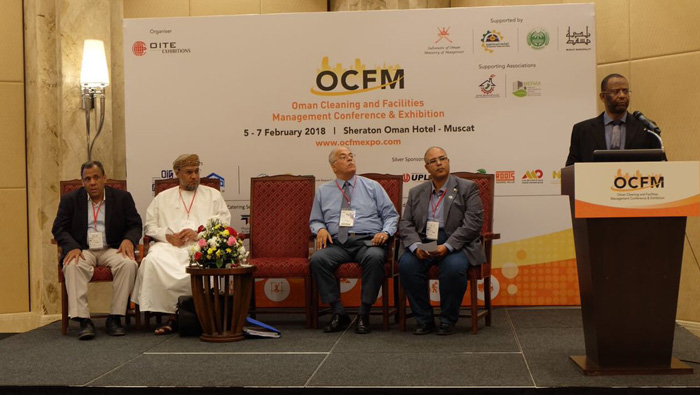
Muscat: The Muscat Municipality educated people about integrated pest management (IPM) at a three-day exhibition at Sheraton Hotel.
Health Inspectors at the Muscat Municipality said IPM included use of predators to consume pests and pesticides derived from organic substances. They remarked that it was a move in the right direction, as complete dependence on harmful chemicals was not wise.
IPM refers to using various integrated methods so as to manage the population of pests and keep them from hurting human economy and health.
Yahya Al Shuraiqi, Health Inspector at Muscat Municipality’s pest control department, said the exhibition was aimed at educating people living in urban spaces who faced problems due to pestilence, besides farmers.
Abdul Samad, Health Inspector at Muscat Municipality, said one of the ways in which the civic body had been deploying biological methods was by releasing fish, such as Tilapia, into ponds and wadis in and around Muscat.
“We release Tilapia into stagnant water and these fish consume mosquito larvae. This helps control the population of mosquitoes. One has to, however, understand that these fish eat the mosquito larvae at first, but stop later,” Samad said.
Al Shuraiqi said the municipality used several other ways to curb breeding of mosquitoes. “We use an insecticide called Sinosad to kill mosquitoes. It is organic because it is derived from a certain kind of bacteria. We also release a solution called silicon oil into stagnant water and it kills mosquito larvae. In addition, we deploy methods such as fogging by using ultra low volume (ulv) machines,” he added.
Al Shuraiqi remarked that the Muscat Municipality had been able to efficiently control the mosquito population using these various integrated methods.
Samad said predators could not be deployed to kill rodents in urban spaces but this method proved efficient in farmlands.
“We use the usual ways to kill rats and other rodents. We use a bait station with poisoned food in it and we do it in a place infested with rats. It is important to place the bait station in corners. If it is in an open space, the rats won’t go for it. When rodents take the bait, a trap closes on them,” he said.
Samad added that the municipality does not use bait stations inside buildings.
“We don’t kill rodents inside buildings because it can lead to the spread of diseases, besides causing a stink. We use repellents inside buildings, such as offices and homes, to drive the rats out,” he added.
He insisted that the Muscat Municipality had done an efficient job of controlling pests with its integrated control methods in the city.
“Pests multiply every second. This is why we keep controlling them. In the case of an outbreak of any insect population, we have to double our work to keep their density under control. We do control them, and data shows this,” Samad noted.